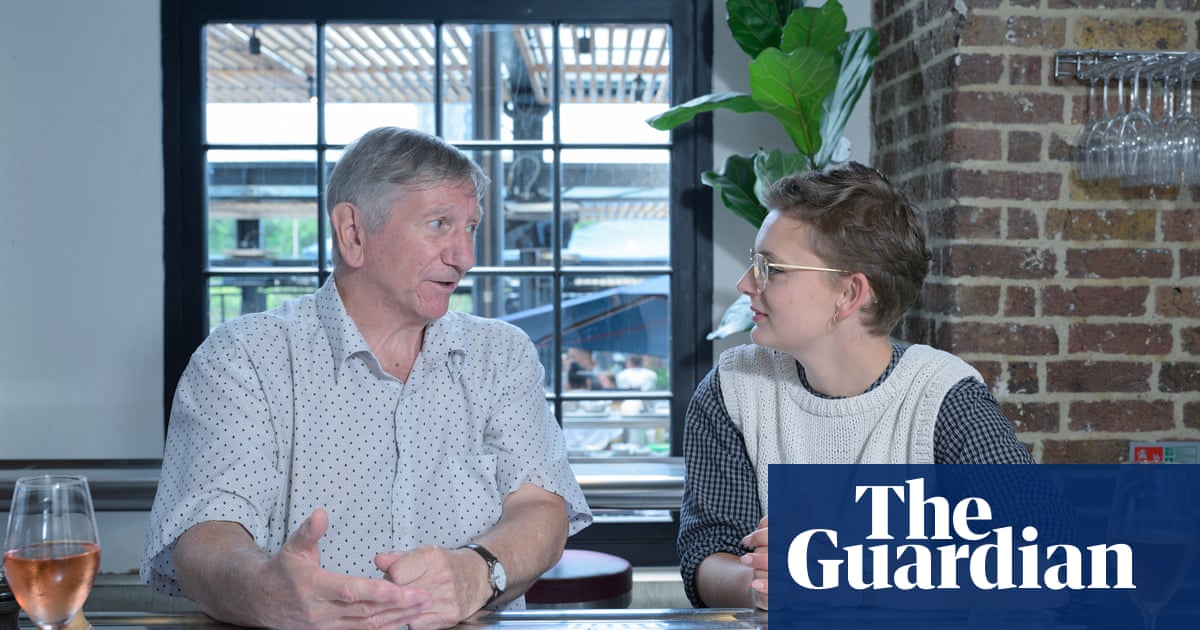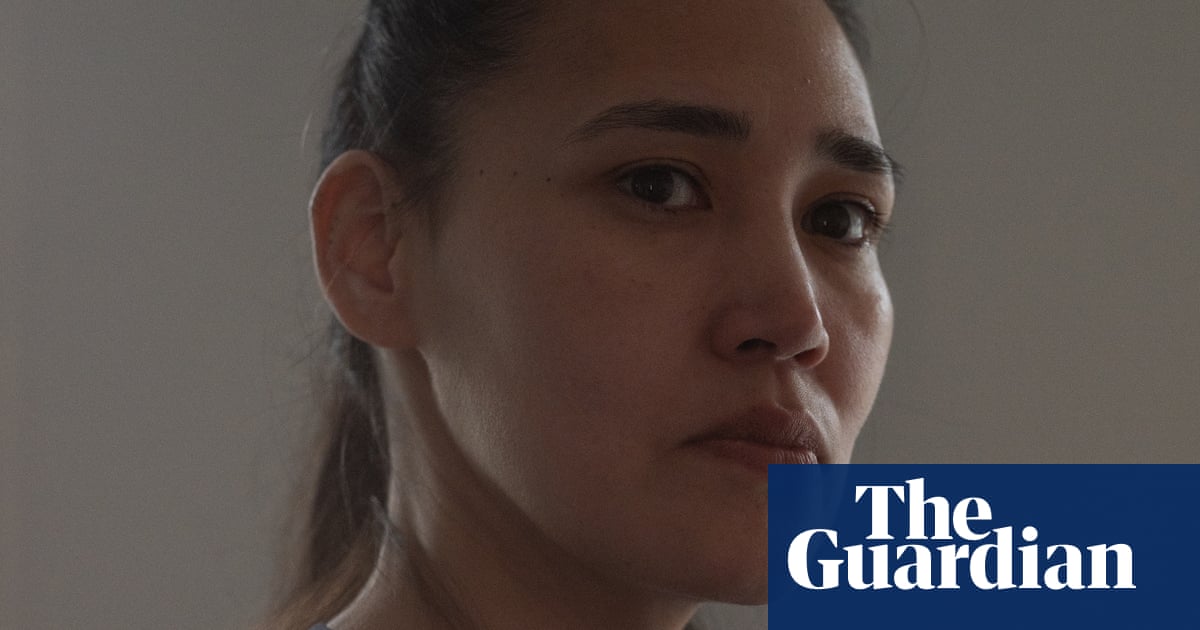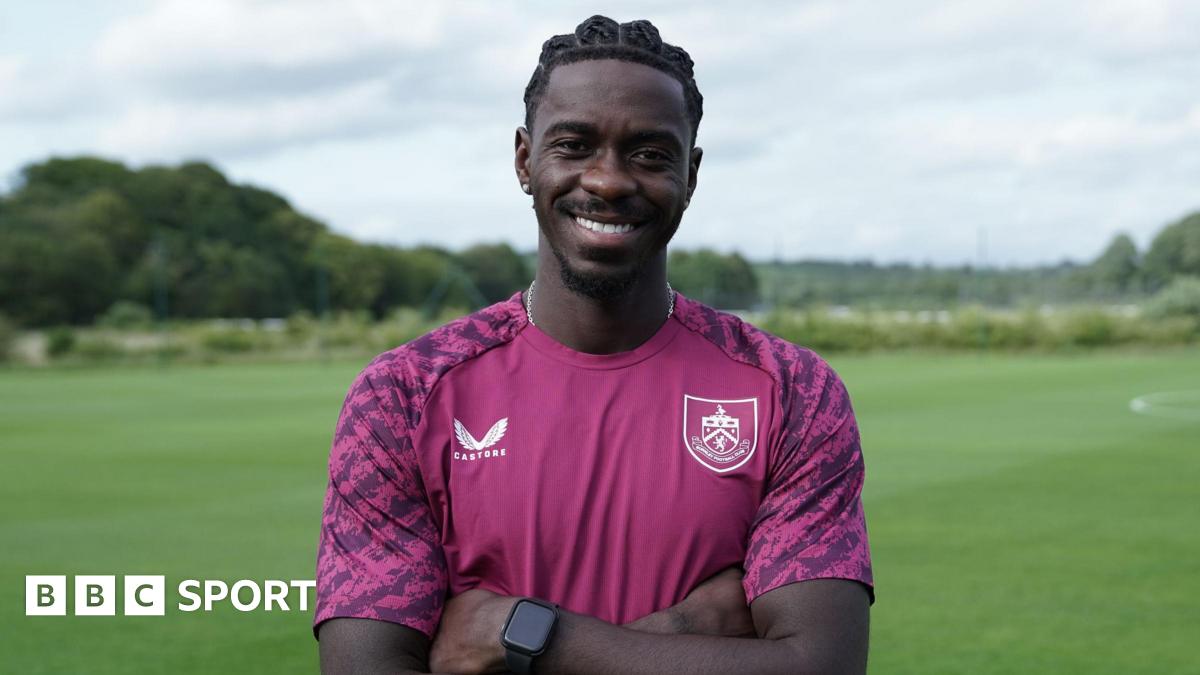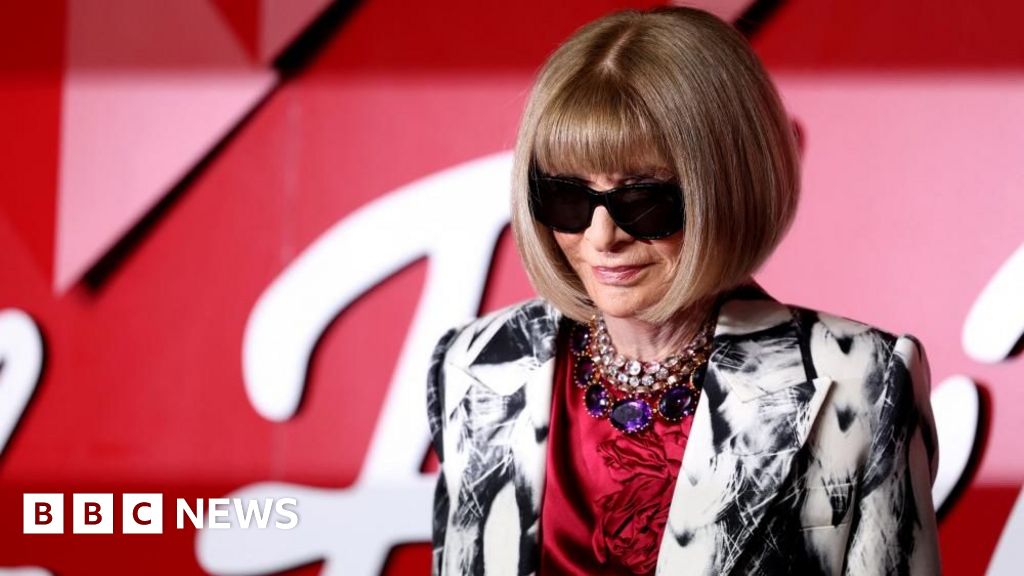My son is starting secondary school in September. He is the only child from his primary transitioning to a selective grammar school. He has always struggled with friendships and I feel this is due to his autism. He is high-achieving academically. I don’t want him to change who he is or feel as if he can’t be himself. At the same time I know he can be standoffish and overwhelming when he is so focused on his own interests.
He has just been invited to one of his new classmates’ birthday parties. He was shocked and grateful to be invited, and it was heartbreaking. I don’t want him to be isolated in his new school and I don’t know how to help him to be ready and open to a brand new social setting. I would really appreciate any help or advice you could give.
It’s wonderful that you are so thoughtful, and I’m sure your son appreciates having a father who considers his feelings. Most parents, whether their children are neurotypical or not, worry about the big change from primary to secondary.
I went to UKCP-registered child and adolescent psychotherapist Lucy Fuller and the National Autistic Society (NAS) which provided some useful links (see below). Fuller thought the fact that your son was invited to this party shows “he is being held in mind even before he starts at his new school, which is something special. Whether he goes or not, he has already made a contact with someone he will be starting secondary school with.” That he seems pleased is a really good sign and I hope he goes to the party.
Every autistic person is different, but what’s important is that your son feels he can be himself. That’s hard for everyone starting school because teenagers are primed to want to fit in. As for being standoffish when focused, that isn’t so unusual in young people. Children can feel isolated when it comes to their feelings, so it’s important your son realises that every child who is starting school – no matter how they present – will be nervous; every child (and new teacher) will get lost in the school; and everyone makes mistakes – it’s how we develop as people.
Fuller recommends that your son visit the school, if he hasn’t already. And if he has, that you find a good time to chat “about what it was like for him, what did he see or hear that interested him? What made him anxious?” Children love the practical details, so a rundown can help. What will his new mornings look like? What will the timings be? How will he get to school? Where will he put his stuff? Some people I know with autistic children find showing pictures of new places can help.
Fuller said: “As he’s a bright student, it’s also good to talk to him about how the classwork will be more interesting and challenging, and this will be a positive part of the transition.” She asked: “Are there any clubs or activities where he can comfortably build relationships with smaller groups?”
The NAS suggests contacting the school to find out if they operate a “peer buddy” system, someone who can be paired up with your son who is already at the school, at least for the first few weeks. They also recommend you read the Autism Education Trust’s School Transitions Parent Guide.
“There will be other students with diagnosed (and undiagnosed) autism,” Fuller adds. “And you can ask the school about specific support for your son, which should include places and people he can go to when he needs support or feels overwhelmed.”
Every child I’ve ever known has had a hiccup at school, but the important thing is your son has an engaged father who can help him over these bumps in a way that helps him grow. I would also ask how your own time at school was as this can be a particularly triggering – and I use the word advisedly – time for parents. Make sure you separate out your anxieties from your son’s.
after newsletter promotion
NAS has a dedicated parents and carers section on their online community where parents can ask questions, share experiences and make connections. It is free to access and join.
Know Yourself resources for autistic teenagers helps them explore their identity and interests: autism.org.uk/advice-and-guidance/topics/resources-for-autistic-teenagers
Every week, Annalisa Barbieri addresses a personal problem sent in by a reader. If you would like advice from Annalisa, please send your problem to ask.annalisa@theguardian.com. Annalisa regrets she cannot enter into personal correspondence. Submissions are subject to our terms and conditions. The latest series of Annalisa’s podcast is available here.

 11 hours ago
2
11 hours ago
2










 English (US)
English (US)